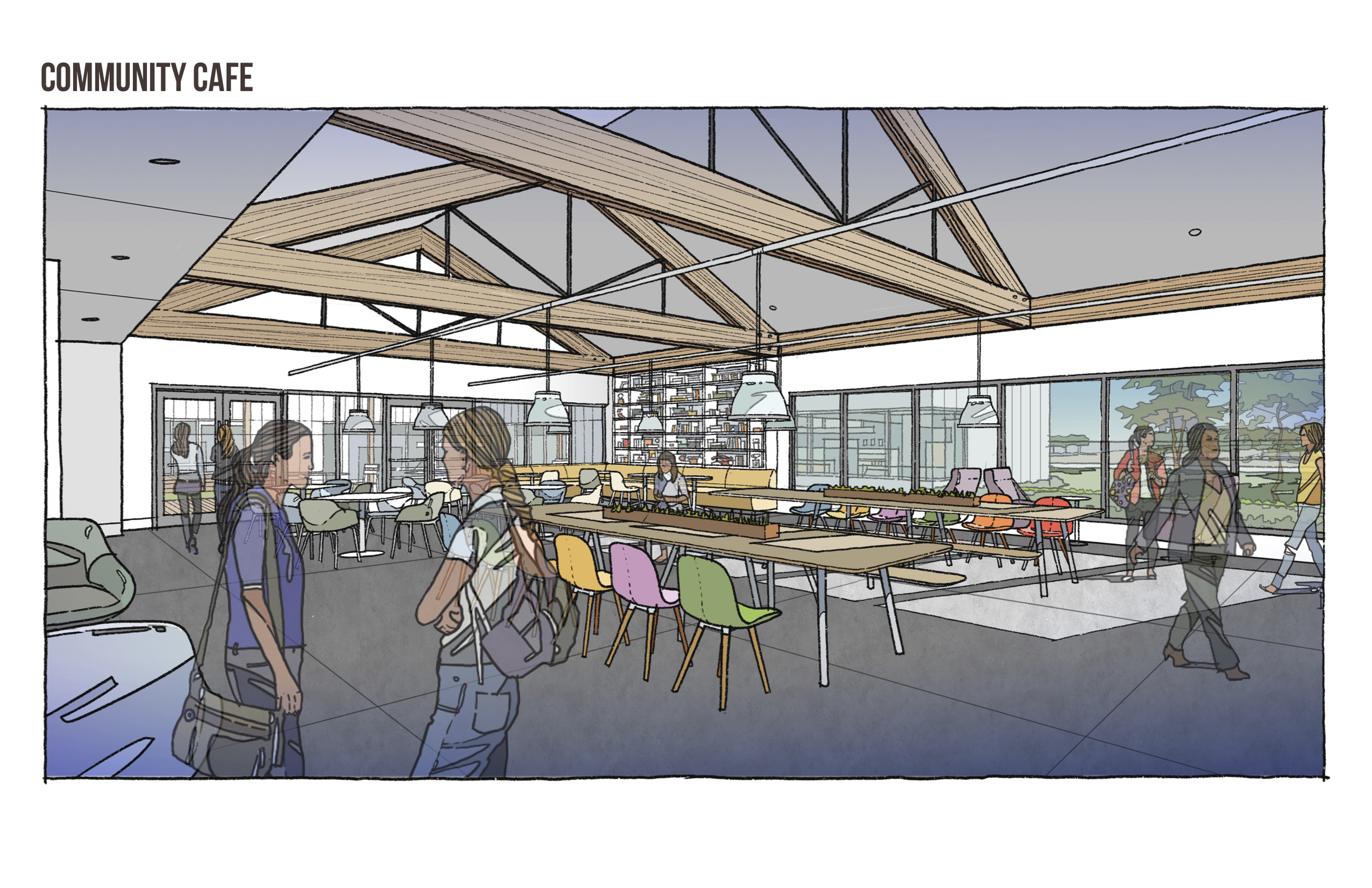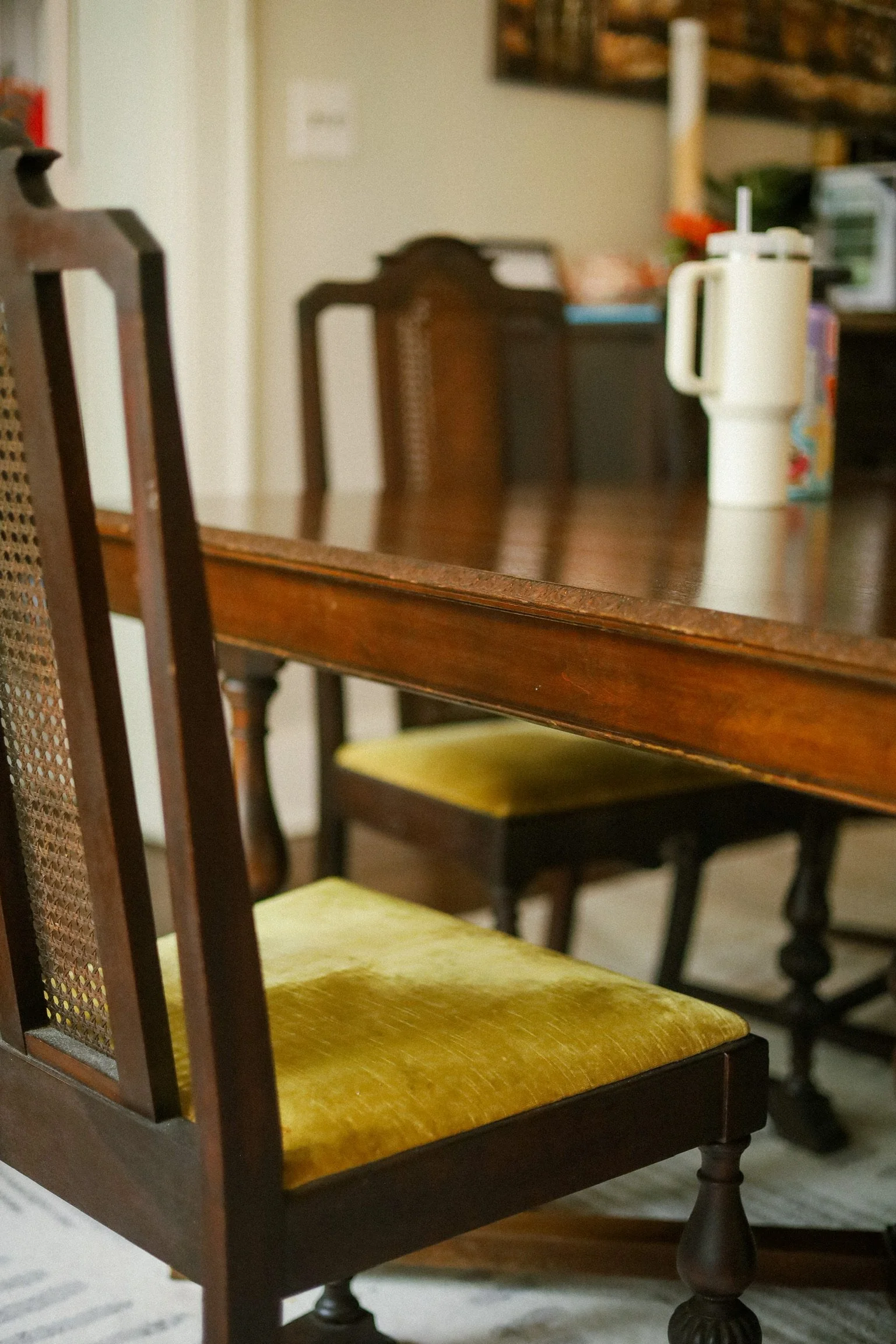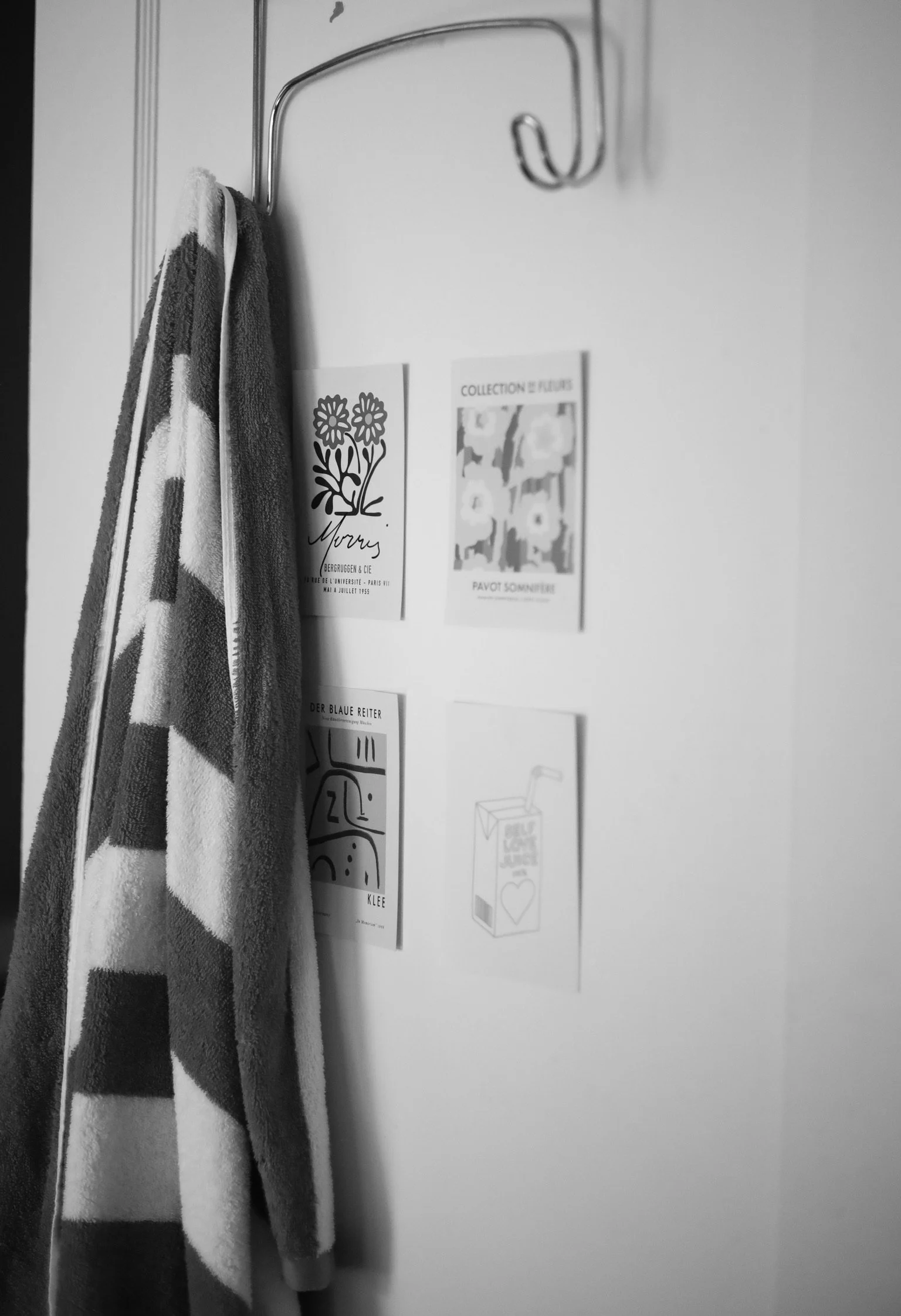Who We Are
Treasured Vessels Foundation provides safe communities that restore survivors of sexual exploitation to achieve their true potential. Founded in 2016, TVF uses a holistic and comprehensive approach in therapy, education, physical health, and community to assist survivors in building an independent and sustainable future.
TVF provides 12-24 months of therapeutic housing for the safety of 18-24 year old survivors, and provides programs for mental health, trauma therapy, education, nutrition, physical health, addiction, and life & job skills. TVF’s current and under-construction safe homes in Collin County are designed to provide a safe and stable environment where women can heal while processing their complex trauma through intensive therapy. Resident Interns, a dignifying title vs. victim or patient, learn relational and healthy coping techniques in therapy, which are critical in learning how to break the trauma response cycles they have learned through exploitation, and build healthy, trusting relationships.
Our supportive programming focuses on developing stability while increasing capacity for greater autonomy and long-term sustainability in the future. TVF wants to help each woman walk confidently toward their dreams and support them in achieving success. Click here to view our program details.
What services do you provide?
Mental Health
We offer comprehensive mental health services, through several therapeutic modalities including, Eye Movement Desensitization and Reprocessing, Internal Family Systems, and Polyvagal Theory.
Safe Living Environment
We not only provide a safe living environment; but each resident has the opportunity to customize their own health and nutritional program, alongside a certified Nutritionist. Each resident is also provided quality medical and dental care.
Academic Education
Each resident is provided the unique opportunity to develop their education, learn valuable life skills, and work toward pursuing higher education. Survivors receive an education assessment at intake and receive assistance applying for FAFSA.
Therapeutic Activities
We offer a wide variety of alternative therapies such as art, dance, karate, and music. Survivors consult with a professional nutritionist and psychiatrist monthly.
Legal Support
Each resident is provided legal assistance and case management support, including identification and document recovery, food stamps and Crime Victim Compensation, as well as Medicaid/Medicare assistance.
Outreach
We actively work with our community and other partner organizations to provide resources, hygiene items, on-site STD testing, in-kind donations, and much more.
Book TVF for a training
The impact
When a survivor enters our program, we immediately assess them for symptoms of anxiety, depression, and self-esteem. We use the PCL-5 assessment to measure symptoms of trauma such as night terrors, flashbacks, and other trauma-related symptoms. After 6 months, our residents experience a near 60% decrease in PTSD symptoms. What does this mean for our residents? It means fewer night terrors and more peaceful days and nights without intrusive feelings and memories. This is paramount for effective therapy.
Mental Health Assessments
Why the emphasis on mental health?
Many survivors of sex trafficking have tried to flee from their traffickers, yet they were coerced back or felt they had no alternative but to return to this life of pain and trauma. Those who do flee, face a myriad of obstacles to overcome, including homelessness, continued physical and mental abuse, little to no money, gaps in education and employment, often a criminal record, drug dependency, and a lack of supportive friends and family.
Research by the U.S. Department of Health and Human Services has shown that the complex mental health needs of trafficking survivors are typically not met with most programs that only offer weekly therapy, GEDs, and life & job skills. Unfortunately, these necessary resources are woefully scarce. 100% of the survivors who have entered our program present with symptoms of dissociation, where the mind escapes the body during repeated trauma. Survivors of trafficking have complex PTSD at a minimum and many present with dissociative identity disorder. Treasured Vessels Foundation is one of the few programs nationwide that will take on the most severe forms of dissociation.
Do you need help?
While TVF’s programs are normally fully committed, we always accept new applicants. Resident Interns are asked to commit to the program for at least 12 months. Fill out the application to apply.
PHASE TRACKER
TVF's long-term program is tailored specifically to each survivor’s unique needs. Our program consists of 5 phases, adapted from the most comprehensive trauma therapy research available. As a survivor advances through each phase, they show significant growth and make progress toward reaching their goals of sustainable independence. Read more about our phases below:
-
During the first 30 days, survivors are assessed for all medical and dental needs while beginning treatment. Survivors begin working to obtain vital documents, transcripts, and a plan is created to address any CPS or legal needs. We assess their educational needs and begin orientation to our program. Survivors begin working with the therapist to complete a psychiatric evaluation and establish treatment goals. They begin learning healthy coping skills and how to use their 5 senses to ground themselves. They also start medication stabilization, along with individual and group therapy.
-
After the initial 30 days, survivors are able to make 6-week phone calls, attend regular weekly house meetings, and are expected to learn how to appropriately and effectively communicate needs and wants to our team. Our team continues to work with the survivors to obtain vital documents. In phase 2, survivors are provided the opportunity to enroll in education, begin tutoring, and are taught basic to intermediate life skills. They learn healthy ways to resolve conflict and begin learning in group therapy about healthy boundaries, communication, and strengthening their coping skills. During this period of time, life-threatening behaviors have significantly decreased. Survivors begin working with a therapist on Mindfulness, Distress Tolerance, Emotional Regulation, and Interpersonal Effectiveness.
-
After a minimum of 6+ months, survivors who are able to demonstrate appropriate use of technology, attend school online. They are able to have family visits and begin financial literacy plans. Survivors begin to advocate for themselves and are able to exhibit appropriate behavior in public. They demonstrate increased appropriate language to ask for support and should need minimal assistance from our team to address conflict. At this point, survivors are learning more about the impact of developmental trauma, while implementing new skills as they are working toward rebuilding safe relationships. They are no longer engaging in life-threatening behaviors and are able to challenge cognitive distortions with minimal support. During this phase, they have identified family roles, rules, and expectations. They begin consistently using coping skills to regulate.
-
When a resident reaches Phase 4 (at least 1 year into treatment) they are able to begin working outside the TVF house. They are able to build connections and community outside of TVF and family therapy becomes available to them as needed. By phase 4, survivors have achieved competency in all areas of their core life skills, open a bank account, and are able to use personal electronics with parameters. The survivors are now working at a deeper level to address trauma and negative beliefs about themselves. Survivors complete a 12-month assessment and continue to work with the therapist on resolving trauma utilizing EMDR, Internal Family Systems, and Polyvagal Theory.
-
In Phase 5 survivors are able to obtain a vehicle with insurance for transportation. At this point, they have demonstrated 6 months of stable employment. They are also required to have completed a leadership course. They must have $1,000 saved in an emergency fund as well as have 2 months of rent saved in preparation for their transition out of the program. During this phase, survivors wrap up any remaining trauma work, consolidate gains, and incorporate positive beliefs about themselves. At this point, survivors work to integrate a cohesive self, establishing healthy communication and maintain relationships outside of TVF. Phase 5 concludes with a celebratory graduation ceremony.
-
Beyond phase 5 and outside of a TVF home, survivors continue therapy and minimal case management to help ensure the gains they have made, the healthy coping mechanisms they have learned, and their leadership skills are supporting their healthy lifestyle as expected. Recovery from trafficking takes a lifetime, but with proper tools, we see survivors thrive in the workplace, in marriages, as parents, and some even choose to focus their vocation for the benefit of other survivors.
Future Efforts
Each week we receive several inquiries from women who are in need of our services. Although it is encouraging that more survivors are being identified, we have to turn down most of them due to capacity.
In phases 4 and 5 of our program, survivors benefit from more autonomy, additional access to technology, and vocation outside of the safe home. As a result, a transitional living situation is necessary. Our future efforts include expansion into a second home to both grow our capacity and address this need for survivors excelling through the program.
Larger Capacity
TVF was deeded five secure acres just north of Collin County, TX. One of our key partners, Gensler, a leading architecture firm, created a stunning rendering for our future site. We are exploring options to build a secure therapeutic campus to provide housing, therapy, education, and rehabilitation for youth survivors in a larger capacity.
Over 700 survivors were recovered from trafficking in DFW last year.
Where do they go once they are recovered?
















